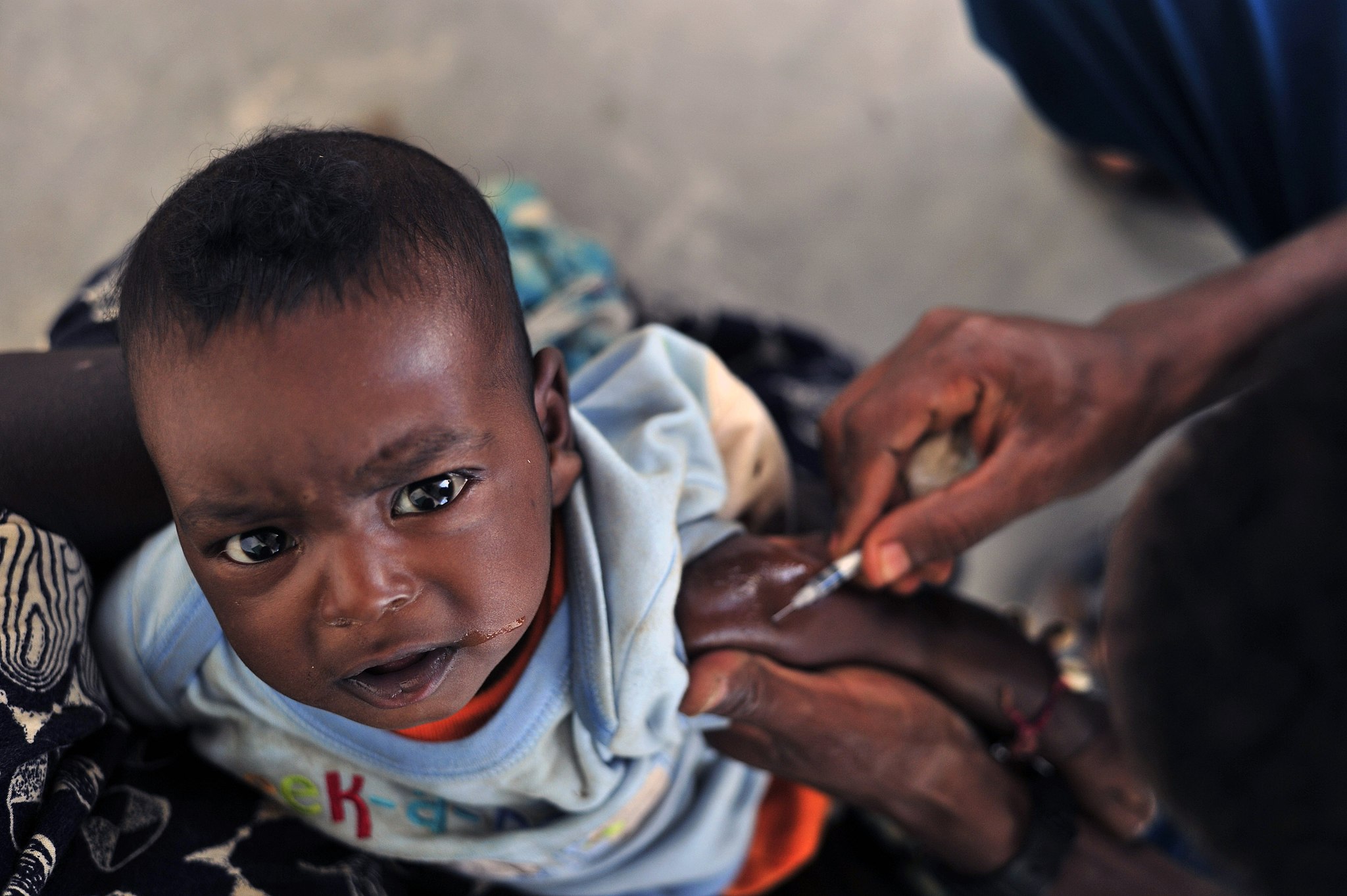The malaria vaccine may be the most important medicine you’ll never get

1.7 million children have already received the malaria vaccine
Anna Johnson - In 2021, over 600,000 people died from malaria. Just five of those deaths were in the United States. The vast majority of deaths from malaria were in sub-Saharan Africa, India and South America. But as the world learned from the spread of COVID-19, a disease can become a global pandemic in a matter of months if it is not carefully treated and controlled.
The global response to viral diseases like malaria relies on controlling the flow of resources and people within and across state boundaries. When COVID-19 first started to spread, countries across the globe closed their borders to try to prevent people from spreading the disease. Responses to the ongoing malaria crisis are significantly more tempered than that but do include restrictions on travel to affected regions and a vaccine pilot program for people living in states including Ghana, Kenya and Malawi. The vaccine is in very high demand, underscoring the other issue of flows in controlling the spread of disease. Since it was first approved for use in 2017, 1.7 million children in three countries have received the malaria vaccine. But demand for the vaccine is significantly higher than supply. Additionally, making, storing, transporting, and administering the vaccine is complicated given the lack of medical infrastructure and staff in remote areas of affected regions. The World Health Organization says progress in the fight against malaria has stalled or even reversed in some states due to funding shortfalls and a lack of reliable resource flows. If Western countries invest in the flow of vaccines and other resources for malaria treatment in currently affected regions, they have the potential to prevent the need to repeat the world’s response to COVID-19 with billions of doses of the malaria vaccine.
It is in the world’s best interests to address diseases like malaria sooner rather than later. Rising temperatures, more intense rainfall, and an increase in extreme weather events from climate change mean mosquito-borne diseases like malaria are likely to increase in the coming years. Disease-carrying mosquitos are also building up resistance to existing insecticides and abatement tactics. The COVID-19 pandemic showed the potential for a disease to upset a state’s material power and disrupt the world-economy. States build their material power through their population and their economy. Malaria, especially if it were to evolve a further resistance to treatments, has the capacity to impair the still-recovering global economy.
Photo Credit: David Mark, CC0, via Wikimedia Commons

